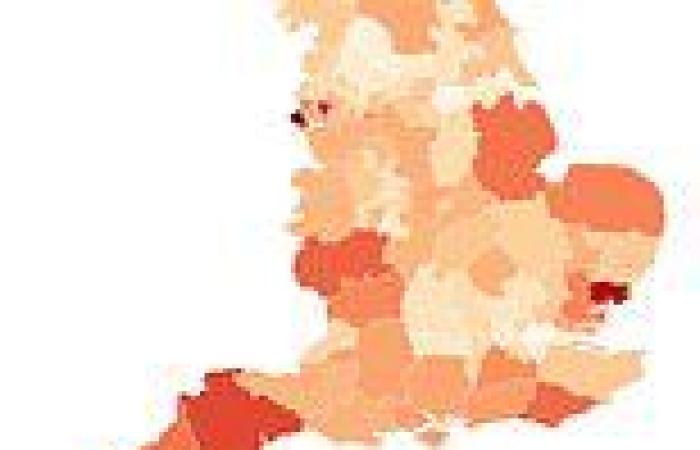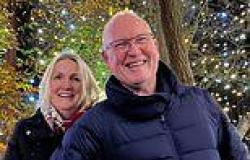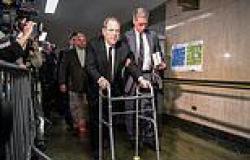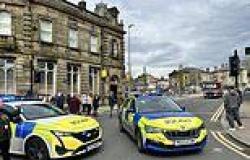England's sleeping pill hotspots revealed: Map reveals one in 30 patients were ... trends now
England's sleeping pill hotpots are today named in an interactive map that allows you to see the scale of the crisis in your area.
Despite calls for a crackdown on dishing out powerful hypnotics, NHS data shows the number of prescriptions for drugs like Ambien and zopiclone have barely shifted over the past five years.
NHS data, obtained through a Freedom of Information request by MailOnline, shows The Wirral has the highest rates of sleeping pill usage in the country.
Some 3.4 per cent of patients in the area were prescribed sleeping pills in 2023, data suggests.
This is equivalent to about one in every 30 people.
Other sleeping pill hotspots included North East Essex (3.1 per cent of patients), as well as St Helens (2.8 per cent of patients).
High prescription counts were also recorded in coastal counties such as Devon and Cornwall as well as Brighton.
In total, the NHS data show GPs wrote 8million prescriptions for sleeping tablets last year at a cost of £89million to the health service.
Experts claim our 'always-on' lives are contributing to sleeping problems with people finding it impossible to switch off from e-mail and social media.
As well as tech being blamed for interfering with people’s sleep patterns, factors like stress and anxiety are also often cited as the reasons for poor sleep.
The North East portion of London had the lowest sleeping pill prescription rate in the country, with just one in every 100 patients prescribed the tablets.
Zopiclone was most common sleeping pill issued by GPs last year, making up more than half of all prescriptions.
Patients in their 50s were the most likely to be prescribed sleeping pills, followed by those in their 70s.
There have been increasing concerns about Brits use of sleeping pills. Advocates say they can be a lifeline to those battling the agony of sleeplessness.
But they can be addictive and users can become increasingly dependent on them to get to sleep.
Breaking free of their mind-altering affects can be incredibly hard, with patients who have tried to come off them describing how they 'wanted to die'.
NHS bosses have previously called for crackdown on prescribing the drugs due to these concerns, but the number of pills being dished out has barely budged.
Concerning side effects have also been reported, with one in 100 patients who take some hypnotics experiencing strange 'sleep-related behaviours'.
These can






